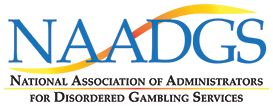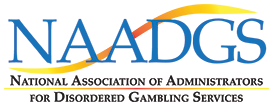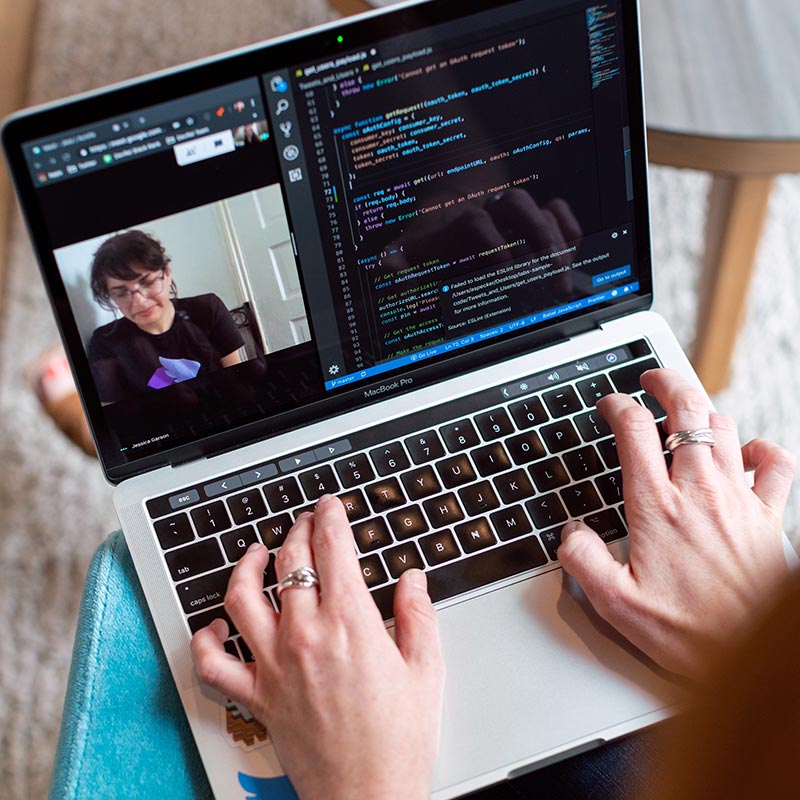In this environment of a rampant pandemic, what happens to people who are in treatment for gambling disorders? How do they get the help they need in this time of social distancing? The members of the Association of Problem Gambling Service Administrators (APGSA), who contract for problem gambling services with public funds, were asked how treatment was being delivered in their respective states. The answers were consistent. Service to the client was foremost. Every state was addressing the treatment need in the best way possible with the resources the state had available. From Rhode Island to Washington, from Ohio to Florida, accommodations were being made to address the treatment needs of the clients.
In several states, waivers have been sought to suspend rules that prevented treatment through programs like Zoom, Skype, Face Time, and others. New York is an example of this. Governor Cuomo declared a disaster emergency, which opened the door “to temporarily suspend rules and regulations that hinder or delay action necessary to cope with the disaster emergency or modifies regulations, if necessary, to assist or aid in the coping with such a disaster (14 NRCRR 830.5).” In New York, a webinar was held to teach providers how to use telehealth and how to deal with Medicaid billing, which, previous to the COVID-19 pandemic, prohibited telehealth services. Likewise, Washington State also issued a waiver for its providers so they could use telephony and HIPAA-compliant video conferencing. Rhode Island allows HIPAA-compliant use of a Tele-med program, but providers can also use Skype, Face Time, Zoom or the telephone.
Some states like Ohio and others mentioned above, have the telehealth waivers in place, while other states like Oregon are still dealing with waivers or Behavioral Health departments waiting for legal counsel to make rulings to allow for such services. California has been progressive in delivering problem gambling services historically and has had a program called A Call to Change, telephone counseling, for several years. Yet at this point, treatment providers using public funds in California may use the telephone for counseling, but not other means of virtual “face-to-face” meetings. Some states, like Nevada, are still offering face-to-face appointments, but within the guidelines for social distancing.
In Florida, a treatment center for eating disorders and substance abuse, not problem gambling, advertises that they offer “on-line Intensive Outpatient Program and partial hospitalization with virtual treatment.” The thought is rather disconcerting, but in this world of social distancing, it certainly might offer services that are hugely more effective than no service at all.
So how are providers reimbursed for services? Straight across the board, with proper documentation, problem gambling treatment providers providing virtual treatment are being reimbursed at the same rates as if they were holding a face-to-face counseling session. The New York rules state that the clinician must “maintain minimum standards for designation, implementation, and reimbursement.” Waivers that have been issued so that treatment services can continue to be delivered have provisions of duration, specifying that the waiver is in effect until the Governor states that the emergency is over.
In Washington State and many others, clients are encouraged to attend 12-step meetings concurrently with one-on-one treatment. Because of social distancing, many of those meetings are held via the telephone. If the meetings are closed Gamblers Anonymous meetings, one must be invited to attend in order to gain access to the phone number for the meeting. However, there are open Gamblers Anonymous meetings available with participants from across the country. Those can be accessed by emailing (a day of the week) 9PMhelp@gmail.com. For instance, if a person wants to attend a meeting on Monday evening, s/he would email Monday9PMhelp@gmail.com.
There are also gambling recovery meeting groups on Face Book. As the author was told by a Trusted Steward of Gamblers Anonymous, these groups are not GA because they are not anonymous. One such group is run by Arnie Wexler, a long-time recovering gambler and counselor who has treated many well-known clients for gambling addiction. It is called Gambling Addiction and Recovery and is a closed group, but a person can request to join. At that site there are also meeting notices for peer support meetings like Recovery Road Online Fellowship. There is support out there, but people will need to do a little homework to find one that fits their needs.
For those who are looking for help, a person can call the national gambling hotline number, 1-800-522-4700, and be connected to help in the state where s/he is located.
To view services and contacts for specific states visit the NAADGS State Services page and click on the map or “Search by State” dropdown.


